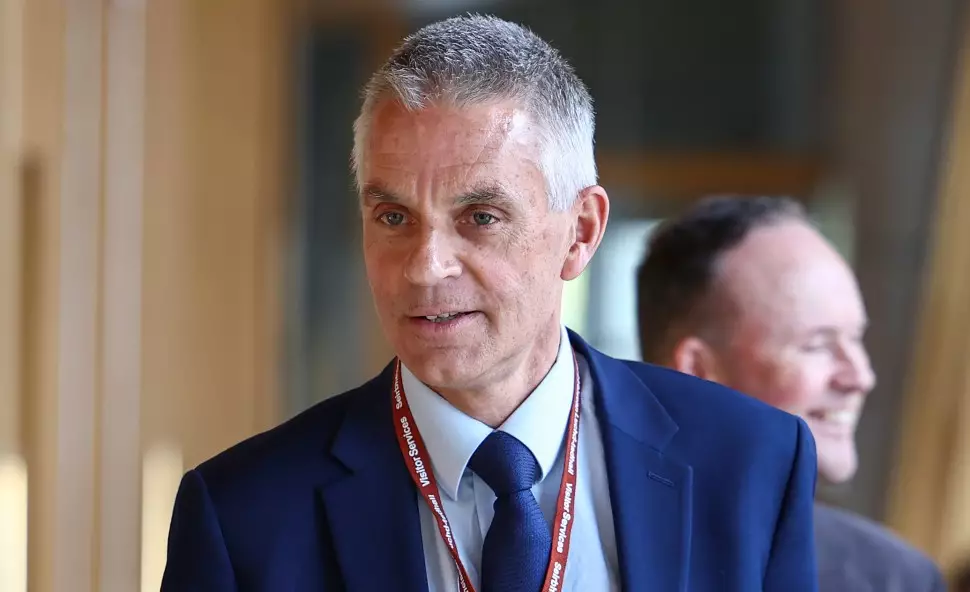The media landscape is undergoing a pivotal shift as sustainability and climate change take center stage in global conversations. BBC Director General Tim Davie is poised to address these pressing issues in his upcoming speech at the Climate Creatives event, emphasizing that the time has come for the media industry to fully embrace content that speaks to environmental challenges. As audiences grow increasingly invested in climate issues, there presents a unique opportunity for broadcasters to engage creatively with these topics across various genres, extending far beyond documentary formats.
In a world facing an escalating climate crisis, the necessity for more engaged and thoughtful media coverage is clearer than ever. Davie suggests that focusing on sustainability in programming isn’t merely a passing trend; rather, it represents a significant opportunity for broadcasters to contribute meaningfully to public discourse. He asserts that the call for sustainability must echo through all genres, including drama, entertainment, and children’s programming. This approach not only informs viewers but also fosters a greater sense of responsibility towards the environment among audiences.
Acknowledging the audience’s keen interest in climate topics, Davie urges public service broadcasters to harness their creative potential. The demand for climate-centric content is on the rise, and it’s crucial for media professionals to meet this demand with innovation and depth. The challenge lies in how to weave such themes organically into narratives that captivate audiences, rather than relegating them to niche segments of programming.
The Climate Creatives event, spanning multiple UK cities, underscores the collective effort required within the media industry to combat climate change. Davie’s emphasis on collaboration signals a clear acknowledgment that no single entity can successfully address such a complex issue alone. The cross-industry gathering aims to bring together diverse voices—commissioners, producers, and talent—to foster a shared commitment to environmental sustainability in storytelling.
As Davie highlights, the media sector possesses a powerful platform to initiate conversations around sustainability. This capacity for impactful communication is what differentiates the industry. By actively engaging in discussions about sustainability, broadcasters can help reshape public perception and drive societal change. There’s a palpable excitement within the industry to take on this responsibility, and the upcoming gathering at Climate Creatives is a testament to that enthusiasm.
While the recognition of climate issues within media is a positive development, the challenge lies in ensuring that this commitment translates into actionable change. As Davie points out, sustainability must not be treated as a corporate initiative alone; it should be woven into the fabric of programming strategies across the board. This means moving beyond mere tokenism in content creation to fostering genuine narratives that illuminate the challenges and triumphs related to climate action.
An integral part of this process involves critically examining the carbon footprints associated with production processes. The media industry, often criticized for its environmental impact, must become a model for sustainable practices. By adopting greener production methods, from reducing energy consumption to minimizing waste, broadcasters can lead by example and inspire their audiences to do the same.
As Tim Davie prepares to address the media industry at the Climate Creatives event, his message resonates with urgency and hope. There exists a profound opportunity to reframe the narrative surrounding climate and sustainability, moving beyond traditional boundaries. With a unified voice, the media can not only highlight pressing environmental issues but also galvanize audiences around collective action.
The task ahead is ambitious, requiring an unwavering commitment from all corners of the industry. By embracing sustainability as a core component of programming, the media can contribute to a broader cultural shift towards accountability and action regarding climate change. In doing so, they can not only captivate audiences but also play a crucial role in inspiring the next generation to become stewards of the planet.
